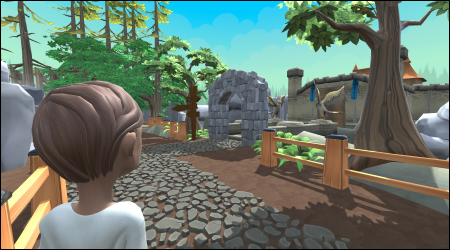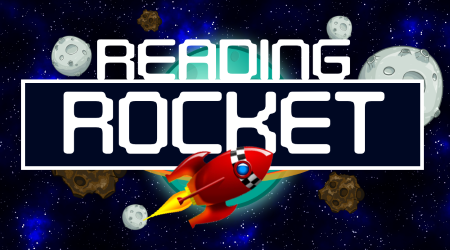Projects

The Paired Storytelling Dataset is a collection of transcripts of people playing short interactive stories where one person acts as the player, controlling one character, and the other acts as the Game Master, controlling all other characters. The participats periodically report on the quality of the story, and after it has ended, both participants report why they took their actions and why they think their partner took their actions. This data is helping us to study the collaborative process of interactive storytelling.

Traffic Stop is a virtual reality de-escalation training simulation for police officers where the story and the behavior of non-player characters is intelligently adapted based on the player's actions. The simulation ensures players experience a good ending when following best practices. When not following them, they see a bad ending which illustrates the importance of those practices and an invitation to try again for a better outcome.

Sabre is a fast multi-agent forward-chaining state-space heuristic search planner used to generate stories. It finds a way to achieve the author's goal by only taking actions that characters believe will achieve their goals.
Its knowledge representation allows beliefs as well as intentions, and it places no limit on theory of mind (what x believes y believes). Its variable/value state representation is more memory efficient than Boolean propositions, and it supports a rich action syntax that includes quantifiers, conditionals, and numbers.

Camelot is a highly customizable engine for creating simple 3D adventure games that can be used to test cutting edge interactive narrative research. The world and characters in Camelot are customized and directed by simple, human-readable commands sent over standard input, allowing the game to be controlled by almost any tool. We intend for Camelot to provide a common environment where many different interactive narrative tools can be evaluated.

Insider Threat is a serious game created to simulate the task of an intelligence analyst. When sensitive software developed by a fictional startup company is stolen, investigators suspect one of the company's employees aided the theft. Players must sort through a database of emails, calendar entries, server logs, and websites to determine the culprit.
We used this game to collect data on how intelligence analysts work. The complete data set has been released and unclassified.

Reading Rocket is a game designed for the stealth assessment of reading level in middle school children. By recording copious data on fine-grained, subtle behaviors, we hope to predict reading level using a game which is faster, cheaper, and more entertaining than the standard reading level test used in most middle schools. This game is being developed in partnership with educational expert Elliot Sanchez and tested at a local New Orleans school.

The Best Laid Plans is an interactive narrative adventure game in which the story is generated from scratch automatically. You play as a powerful wizard's hapless goblin minion who has been sent on a menial quest which inevitably goes terribly awry.
The narrative planner controls the other characters in the game. By leveraging fast planning algorithms and computational models of narrative, the game creates a challenging puzzle rife with narrative conflict.

Glaive is a fast forward-chaining state-space heuristic search planner which employs computational models of narrative to solve multi-agent coordination problems.
Characters pursue their own individual goals while being shepherded toward the author's intended outcome. Glaive reasons about intentionality and multiple possible worlds to allow these agents to cooperate and conflict with one another as they pursue their goals.


